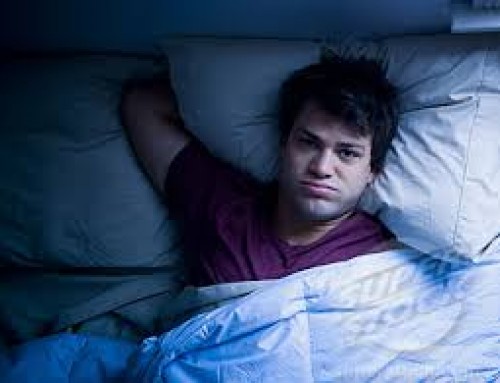We’ve all had sleepless nights. But when those nights become too many and too frequent, we don’t just become tired. We become more irritable, short-tempered and vulnerable to stress. But after we’ve had a good night’s rest, our mood soon returns to normal.
Sleep and mood are linked together and even recent studies have supported how even partial sleep deprivation can negatively affect mood. Researchers in the University of Pennsylvania have discovered that subjects who have insomnia and only sleep 4.5 hours a night per week become more stressed, angry, sad and exhausted. Once they resumed normal sleep, they also reported a dramatic improvement in their mood.
From this study, we could see how sleep and mood are connected. However, mental states can also affect sleep. For example, being anxious makes you agitated and sleep becomes more difficult. Stress also affects sleep by arousing the body, keeping it awake and alert. Those who are consistently stressed are also people who have problems going to sleep.
Other psychological conditions such as depression make it difficult for a patient to fall asleep. Studies have shown that 15 to 20 percent of people with insomnia will develop major depression. People with sleep problems also have bigger chances of developing psychological problems. Chronic insomnia is known to increase a person’s risk of developing anxiety or other related mood disorders.
Because of these research findings, it’s postulated that addressing sleep problems could possible make a difference in one’s state of mind.
If you always feel depressed, anxious or less responsive, check your sleep habits. If you’re sleeping poorly, then you can take steps to be more proactive when it comes to your health. Take action and improve the quality and the number of hours of your sleep by emulating good sleeping habits. Even if you don’t have mood disorders, you can still benefit from an improved sleep by improving your overall well-being.
Take the first step to a better state of mind. Schedule an appointment with Rebecca Ginder, sleep therapist, to get started on your way to a better life!




